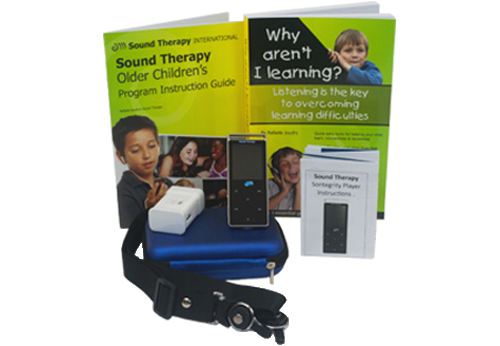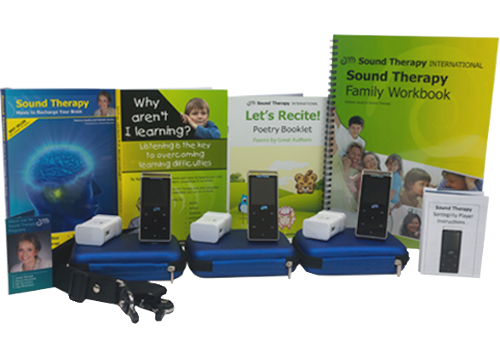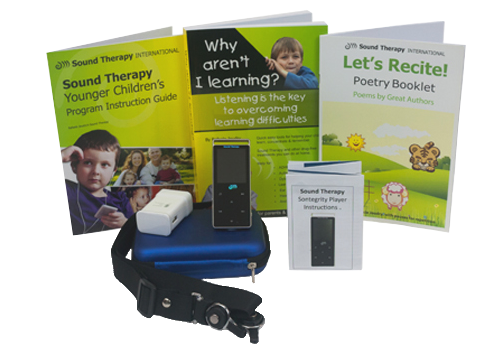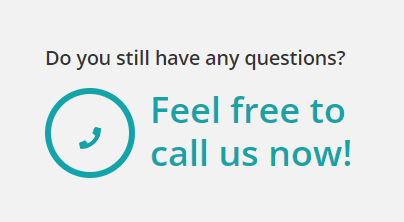Information sheet
- Home
- Information Sheets
- Down’s Syndrome and Sound Therapy
Article Summary
- Hearing difficulties are common among the population of children with Down's Syndrome due to their smaller ear canals. Their condition affects their ability to communicate in several ways as both the hearing and speaking apparatus can be affected.
- Early intervention to assist hearing improvement is important for this group of children who are highly attuned to warm human connection. In addition to medical treatment and hearing amplification, Sound Therapy can be very beneficial for its gymnastic retraining potential, as it helps to retrain the ear muscles, open the Eustachian tubes and sinuses, and enhance high frequency sound perception.
- The benefits for language, cognitive development and inter-personal connection are significant and can greatly enhance development for the child with Down’s Syndrome.


Down’s syndrome and hearing
Seventy five percent of children with Down’s syndrome have a hearing impairment. This is often due to recurrent middle ear infections and wax impaction. Repeated chronic middle ear infections result in fibrous adhesions which limit the movement of the ossicles (the middle ear bones) resulting in progressive hearing loss. Children with Down’s Syndrome are significantly affected by sensory deprivation and need preventative measures if they are to reach their full cognitive potential. A delay in the comprehension of language results in a delay in speaking.
The impairment of language abilities delays learning in all areas and makes the task of education and socialisation more difficult. This results in behaviour problems which could be avoided if the language abilities were improved.


Why Sound Therapy may help
It is very important that children with Down’s Syndrome have their hearing treated in the early years to assist with language development. These children respond well to education in the area of social and emotional adjustment, motor skills and visual comprehension.
The greatest area of difficulty in learning is in auditory vocal processing. Children with Down’s Syndrome often have difficulty learning to manipulate the speech system, coordinating the tongue, lips, jaw and palate. Because they face much greater obstacles in producing speech sounds, they need assistance with their hearing more than other children.
The inventor or Sound Therapy, Dr Tomatis, discovered that the voice can only produce what the ear hears. Sound Therapy stimulates the hearing capacity and exercises the ear, training it in particular to receive high frequency sounds that are lost when hearing is damaged. The sounds of consonants, such as b, d, p, g and t are high frequency sounds and are of course essential for clear comprehension of speech. Before they can begin learning to produce these sounds, children must first be able to hear them.
As Sound Therapy stimulates hearing in the higher frequencies, a greater range of tonality is available to the voice, and this is very important for producing intelligible speech.
How to use it
Parents should ensure that their children’s ears are checked regularly and that they receive treatment for ear infections or wax impaction. These problems may decrease with continued listening, as the muscle exercise and movement produced in the ear by Sound Therapy often results in a spontaneous expulsion of fluid from the ear and future blockages are less likely to recur.
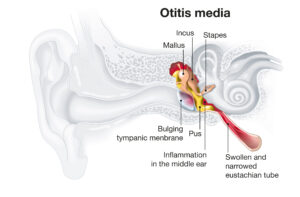

The auditory stimulation provided by Sound Therapy has a recharging effect on the brain, and children with Down’s Syndrome generally respond to the programs with enthusiasm.
For the first few months of listening, children should listen to Sound Therapy every day for a period of 30 to 60 minutes, or longer if desired. If the child wishes to listen for several hours at a time it will do no harm. Children with Down’s syndrome need to listen regularly over the long term, to help keep the ears open and stimulate the full range of hearing.
It is important to continue language education throughout the life of a person with Down’s syndrome. This ongoing learning process may be greatly enhanced by Sound Therapy for people of any age.
The Benefits
For children with Down’s syndrome, the protection and enhancement of hearing achieved through Sound Therapy can have significant results in all developmental areas. Improved hearing can lead to greater interest in what is occurring in the surrounding environment, and more liveliness and willingness to learn. Language comprehension and speech improve significantly, helping to enhance the child’s education and performance in all areas.
Start Getting Relief Today
Click here to choose your package






